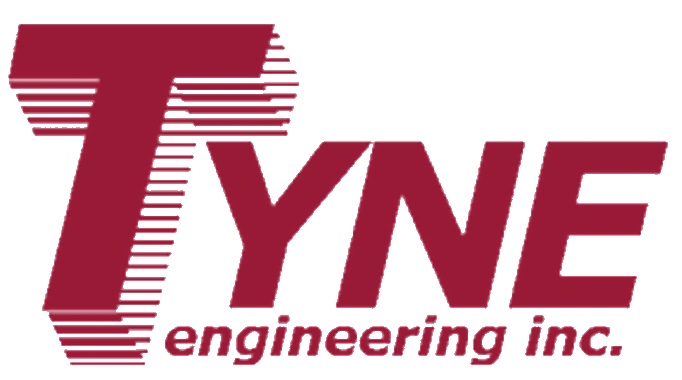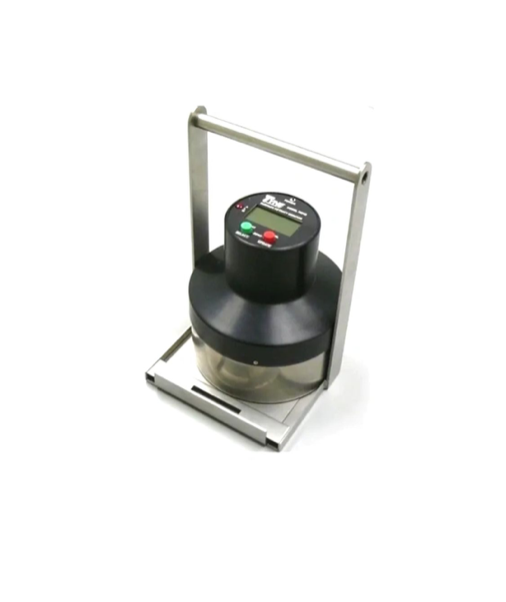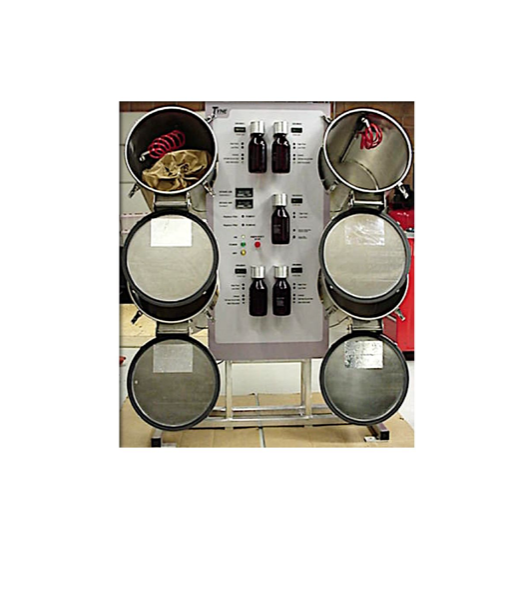
Surface Area Monitor
Model 7001
The Surface Activity Monitor quickly, conveniently and directly measures fixed and removable tritium activity on flat surfaces and can measure removable tritium on all surfaces. This instrument is portable, can have its calibration easily checked, produces no waste, and is much more efficient than scintillation.
- Measures removable tritium on smear paper.
- Measures total tritium on flat conducting surfaces.
- No P10 gas required.
- Simple and easy to use.
- No waste.
- Portable.
- Optional calibrated source is available.
Smearing or wiping is the most common and reliable method of determining tritium surface contamination in pipes, on the surfaces of drums, glove boxes, laboratory benches, or any other devices that may have tritium contamination on surfaces. A smear is normally measured by dissolving the smear paper in a “cocktail,” putting it into a vial and measuring disintegrations in a scintillation counter. There are subsequent problems associated with storage of the active liquid and cleaning the apparatus. The scintillation counter is known to be an accurate instrument, but since making a smear sample is less accurate, it is the efficiency of creating the smear that controls the overall accuracy of the process.
Tyne has developed an instrument that overall is as accurate as the scintillation counter for reading smears. With the SAM monitor, it takes about 2 minutes to arrive at a smear activity measurement. In comparison, the time for a scintillation measurement may be hours or days depending on the laboratory facilities available.
The SAM, which is battery operated, may be placed close to an operator on a laboratory bench for maximum convenience when taking smears. The procedure is simply to open a drawer in the SAM, place in the smear paper, wait 2 minutes and read the measurement.
Measurements are displayed on a large LCD screen on the top of the instrument. Various configuration settings such as alarm settings and measurement units can be configured using two push buttons on the top panel.
Optionally, Tyne can provide an amorphous tritium source of known activity which can be used for daily calibration confirmation of the instrument. If a particular reading is important, a calibration check can easily be made both before and after the reading. The calibration-checking source is mounted in a plate which slides into the same drawer used for the smear paper.
The SAM can also be used directly, without smear paper on flat conducting surfaces such as a stainless steel drum or glove box, or a laboratory bench to check for tritium on surfaces. A reading taken directly measures not only the removable activity which can be picked up in a smear paper, but also the non-removable surface contamination which would otherwise not be recorded by the smear.









